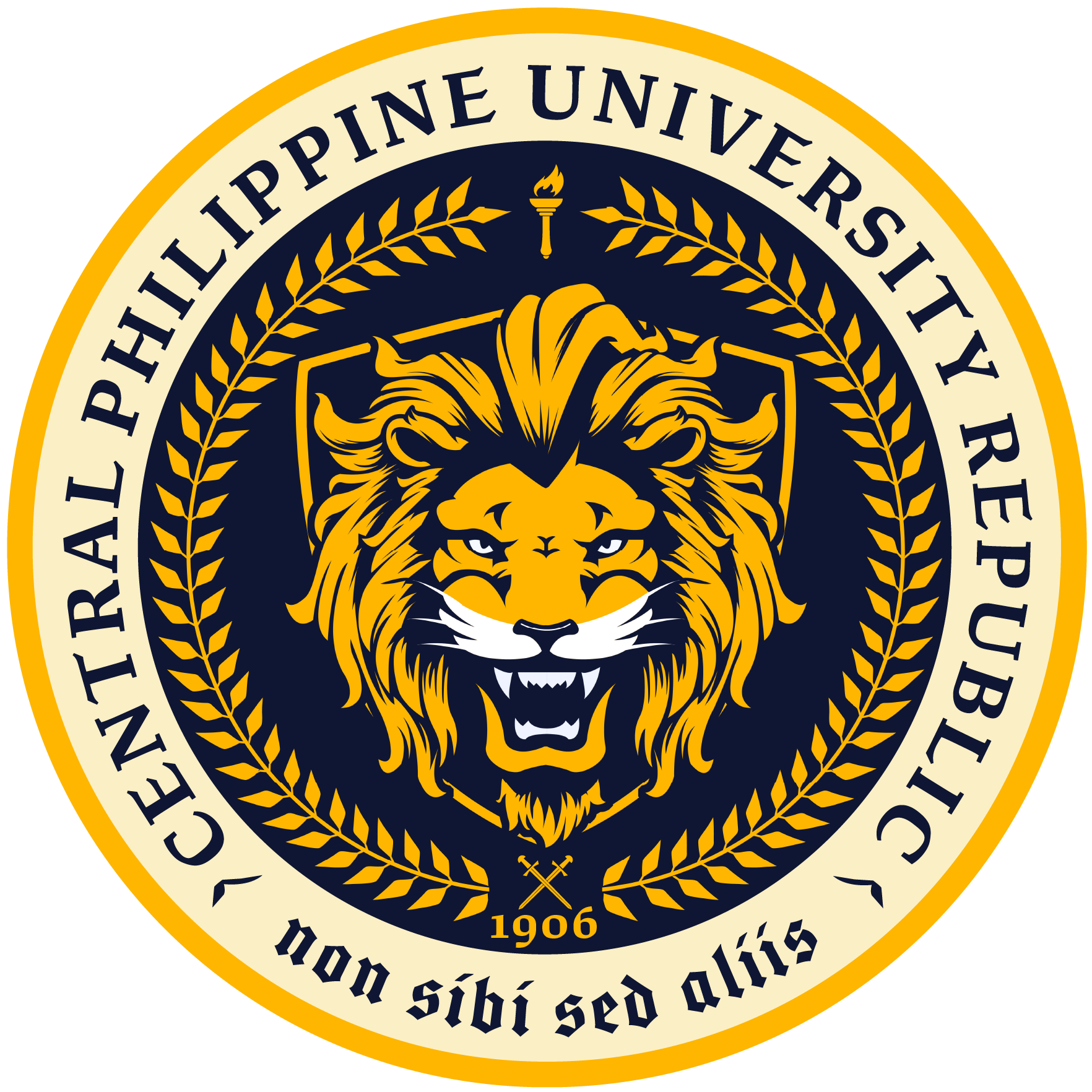By Cyrus A. Natividad

If you are a former CPUR official residing or working far away, you must be longing to reconnect with your beloved Central and find out how the student government is functioning, as well as how the candidates are preparing for the upcoming CPUR Elections on May 18, 2023.
The excitement and interest of being on campus, eagerly awaiting developments and updates on the CPUR, still linger in our hearts and minds, long after we have moved on to new beginnings.
Now, we find ourselves at this juncture where we yearn to be part of the campus community once again, to witness the spirit of freedom and keep ourselves informed. What are the plans? What are the strategies? Recently, we discovered the strong camaraderie among members of a CPUR political party, as they support one another and work together on platforms, schedules, and the creation and printing of flyers (thanks to desktop computers and the internet).
Over by the large field, there is a gazebo where everything is finalized. Some members have just begun installing their campaign materials, which now consist of waterproof posters (tarpaulins), unlike the newspapers and sacks painted with slogans and promises during our time. Well, there is still a little more time left.
Looking back at history, we learn that the CPUR is known as the first student republic in the Philippines. Just a year after the school opened in 1906, students organized themselves to practice democracy, preparing for the possibility of self-governance in the future.
The first principal, Rev. William O. Valentine, served as an advisor and guided the students in adopting a democratic form of government, inspired by the United States. As a result, the student government was established with three branches: the Executive, the Legislative, and the Judiciary.
It is interesting to note that back then, the student republic was self-sustaining. Each student had to pay an annual personal tax of seventy-five centavos. Fines were also imposed for various offenses, such as violating the rule of speaking English on campus.
The students were actively involved in formulating policies related to peace and order, cleanliness, and obedience. These principles were the foundation of CPUR until Martial Law was imposed in 1972.
